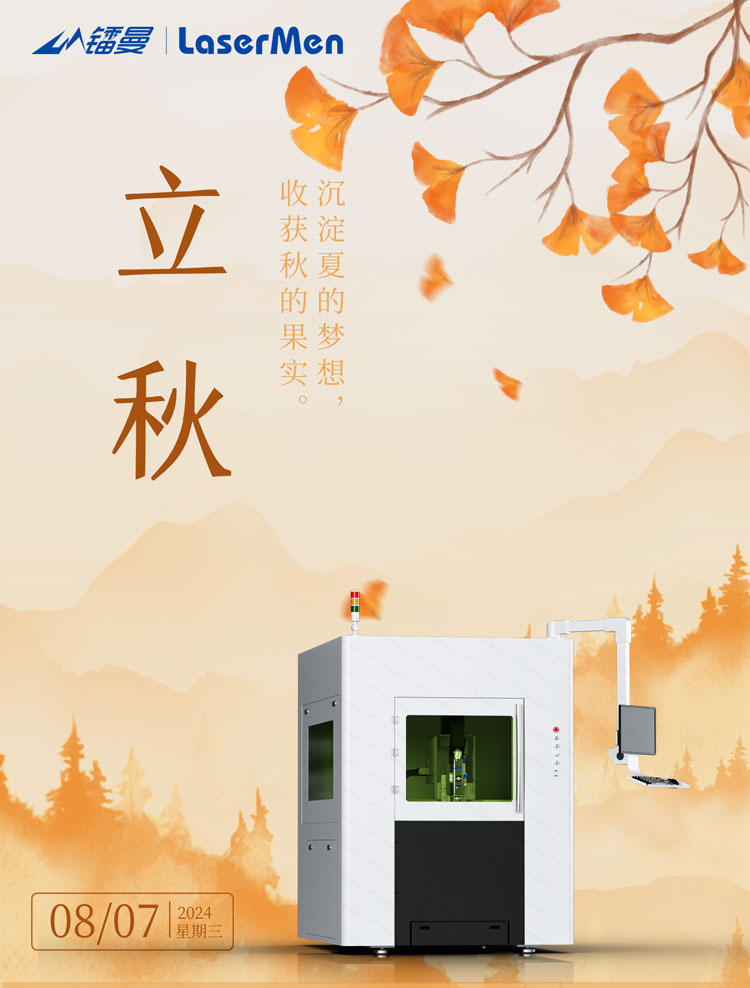Posted on August 7th, 2024 · By Lasermencnc · In Laser Machines Blog · 5 Min Read



Jinan LaserMen CNC Equipment Co.,Ltd
No.13908, Hehua Road, Licheng District, Jinan City
Shandong Province, China 250100
Tel: +86-531-6781-2013
Mobile, WhatsApp, WeChat, Telegram, BOTIM: +86-15508686690
Copyright © 2019 Jinan LaserMen CNC Equipment Co. Ltd. All Rights Reserved
